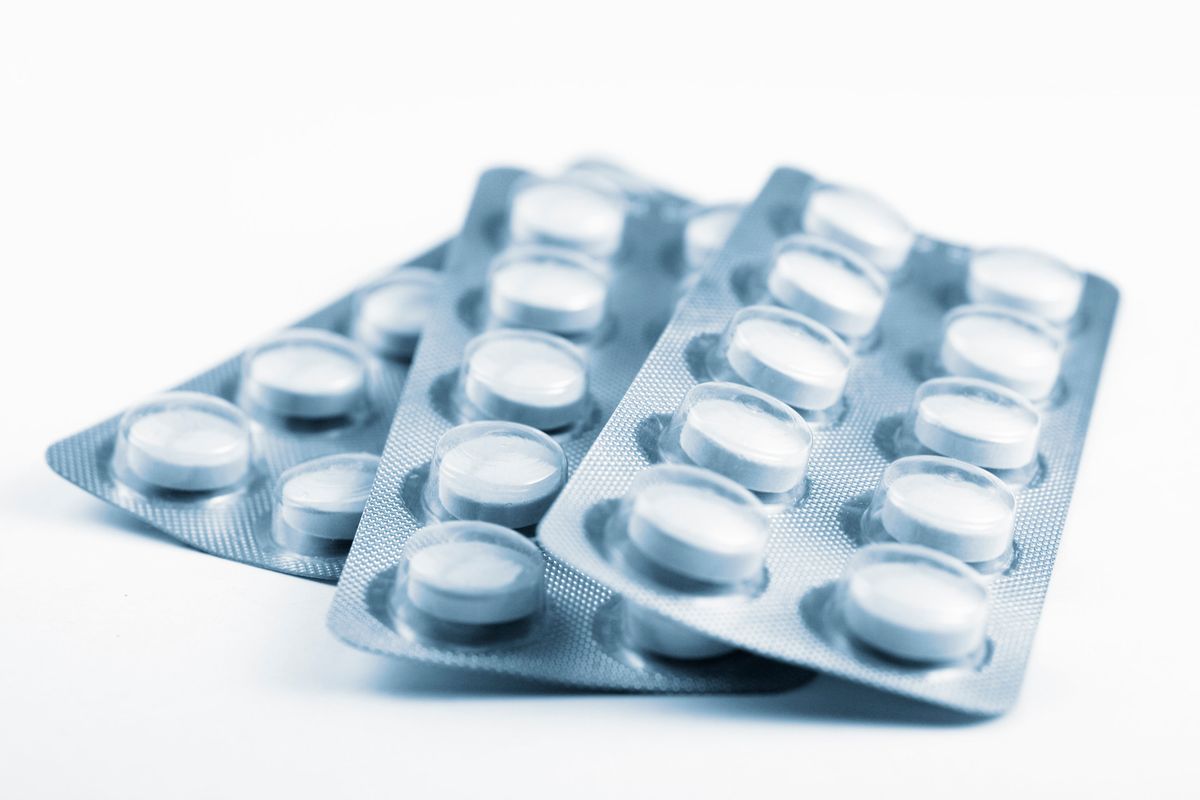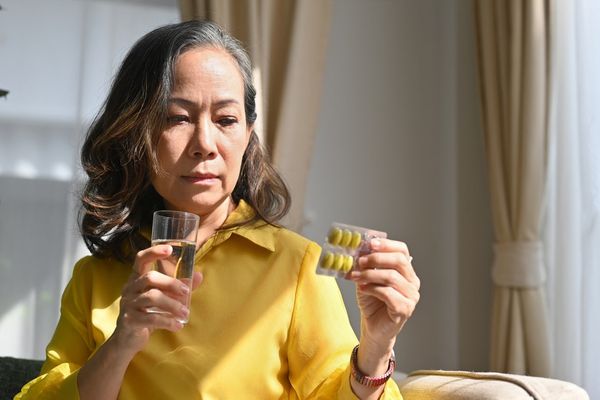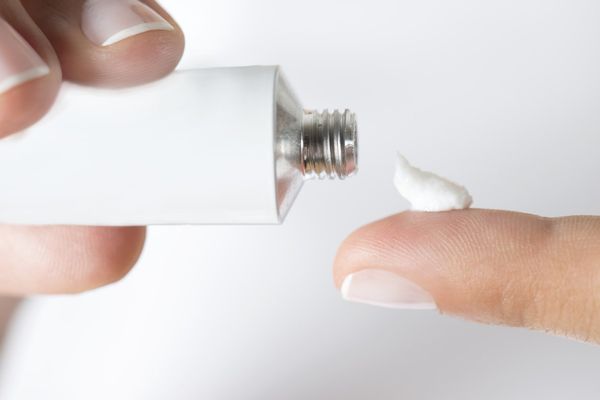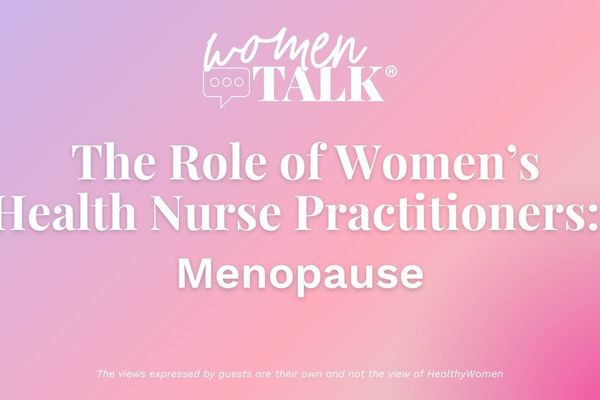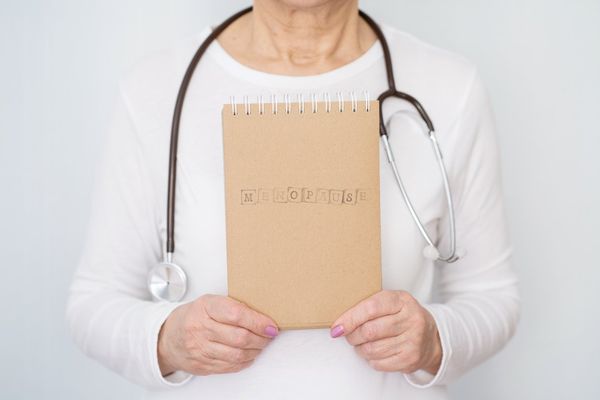Q: I guess I'm now in menopause, because I'm having symptoms. I am going to start bioidentical hormone therapy with a doctor who specializes in this type of hormone therapy. Once I start on this hormone therapy, will it remain the same or will the amount of supplemental hormones have to change as I grow older? (I am 49, and the longest I have gone without a period is four to five months.)
A:
First, let's talk about what "menopause" really means. Menopause is diagnosed after you have not had a menstrual period for 12 consecutive months. It is not reliably diagnosed from testing hormone levels. In fact, hormone levels fluctuate so much during this time of life that it's nearly impossible to get a consistently accurate report.
So if you're still having periods, albeit infrequently, you have not reached menopause. Instead, you are considered perimenopausal—a time of life when your hormone levels fluctuate and you may experience symptoms. This phase can last several years before menopause occurs.
Nonetheless, some women do begin to feel the need for relief from menopausal symptoms before they officially reach menopause, and hormone therapy is a treatment option frequently used. There's nothing wrong with this if you've discussed all the possible risks and benefits of hormone therapy with your health care provider. For instance, there's some evidence that hormone therapy that combines estrogen and progestin may slightly increase your risk of breast cancer, heart disease, stroke and blood clots. On the other hand, supplemental estrogen has been shown to protect against bone loss and reduce the risk of colon cancer. Thus, the decision to use or not use hormone therapy is an individual one for each woman to make in conjunction with her health care provider.
It's also important that you consider the best kind of hormone therapy for you. As you probably know, you have several options today, including the form of the therapy (pill, patch, vaginal ring, cream, lotion, etc.), the type of estrogen used and the strength of the dose.
As I hope your doctor has explained to you, "bioidentical hormone therapy" refers to a type of hormone therapy that uses hormones that are structurally identical to the substances as they naturally occur in your body. Both estrogen and progesterone are available in several bioidentical hormone therapy products—estradiol (estrogen) in Estrace (a vaginal cream) and progesterone in Prometrium (an oral capsule) and Prochieve (a vaginal gel). Other hormone therapies, like Premarin and Prempro, contain a conjugated estrogen produced from the urine of pregnant mares.
Now as to your specific question. Yes, it is likely that over time your hormone therapy dose will change. In fact, initially you may need to try several doses to find the one that works best for you. Overall, the goal is to use the smallest dosage possible for the least amount of time possible to provide you with symptom relief. You should not be taking hormone therapy to protect your heart.
So make sure you see your health care provider on a regular basis for checkups and screenings and to discuss the role hormone therapy should play in your health as you get older.p

